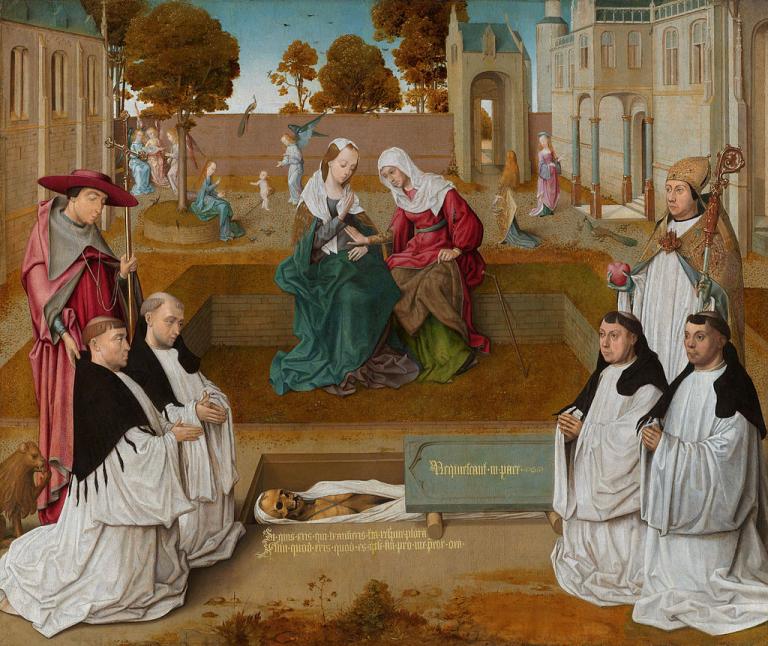In her invitation (not accepted) to President Biden to address the March for Life, since he’s such a devout Catholic and all, pro-life thinker Mary Eberstadt provides a link to an article on what St. Augustine, whom the president quoted in his Inaugural Address, had to say about abortion.
Here, from De Nube et Concupiscentia 1.17 (15), as quoted in the article by William E. May:
Having advanced to this point, they are led on to expose the children that are born unwanted. For they hate to keep and bring up those they were so anxious not to have. And so when they inflict cruelty on their own offspring, whom they begot against their wills, a shadowy wickedness advances into a wickedness evident in the light of day; by obvious cruelty the concealed is convicted of shamefulness. Sometimes this lustful cruelty—or cruel lust—progresses to the point that they even obtain poisons for sterility; if these do not work, they somehow snuff out and destroy within the viscera the fetus that has been conceived. They wish their offspring to be cut off before it lives, or if it was already living in the uterus they want it to be killed before it is born.
St. Augustine, referring also to the pagan practice of “exposing” unwanted children by leaving them in the countryside to die, believed that abortion is an offense against God Himself because “that a fetus is conceived and born is a divine work, not a human one” (Contra Julianum, V, 34).
And yet, St. Augustine, as with St. Thomas Aquinas in the Middle Ages, struggled with the notion of “ensoulment.” Following Aristotelian science, they assumed that the baby did not receive his or her immortal soul until “quickening,” when the mother can feel the baby moving. So, while both repudiating intentional abortion–which is by no means a modern procedure but was commonplace in the ancient world, they distinguished between the status of the fetus before and after this “ensoulment.”
But that distinction is based upon faulty scientific knowledge. And yet, pro-abortion theologians to this day will cite the authority of Aquinas on quickening and ensoulment to justify abortion! Talk about theologians being anti-science!
I write about this in my book Post-Christian: A Guide to Contemporary Thought and Culture. Allow me to quote from myself:
Modern science has improved our knowledge of reproduction. The more we know about it, the more reason there is to oppose abortion.
In the Middle Ages, people assumed that the fetus did not become fully human until “quickening”; that is, when the mother could first feel her baby move. That was held to be the moment of “ensoulment,” when the developing child is given a soul. Medieval Christians who believed this still opposed abortion, even though their science—while empirical (they were basing their beliefs on observation, on when the life is first perceived)—was faulty.
And yet pro-abortion Christians are fond of invoking Saint Thomas Aquinas on ensoulment to justify their insistence that the child in the womb is not a human being. But modern science has shot down the concepts of quickening (literally, becoming alive) and ensoulment. Instead, the field of embryology shows that a human being develops in a continuous process, beginning at conception and continuing after birth, through childhood, maturity, and old age, ending only at death.
That quickening begins at conception, interestingly, is the view of the Bible, which depicts the incarnation as occurring at the angel’s visitation to Mary, immediately after which the “fetus” John the Baptist leaped in the womb of Elizabeth, not because he just then became alive but because he recognized his just-conceived Lord in utero (Luke 1). This passage must have puzzled medieval Christians, since it violated the science of their time, but they believed it anyway.
Illustration: The Visitation of Mary and Elizabeth, with St. Jerome [left] and St. Augustine [right] and Augustinian monks contemplating the fragility of life, by Master of the Spes Nostra (1500), Public domain, via Wikimedia Commons













